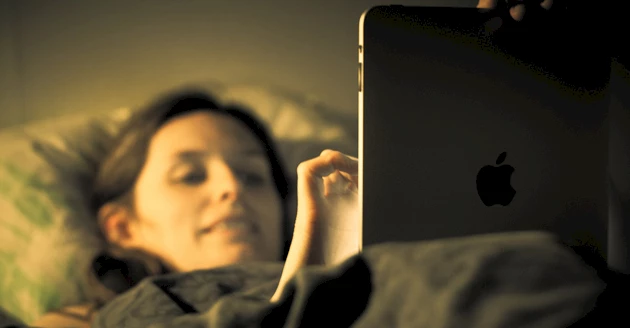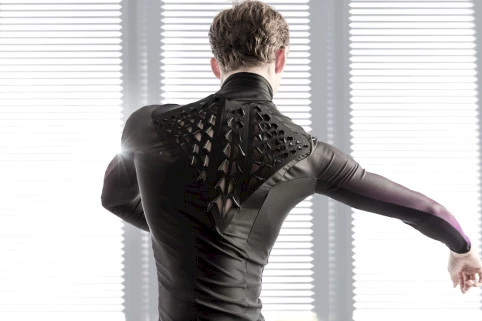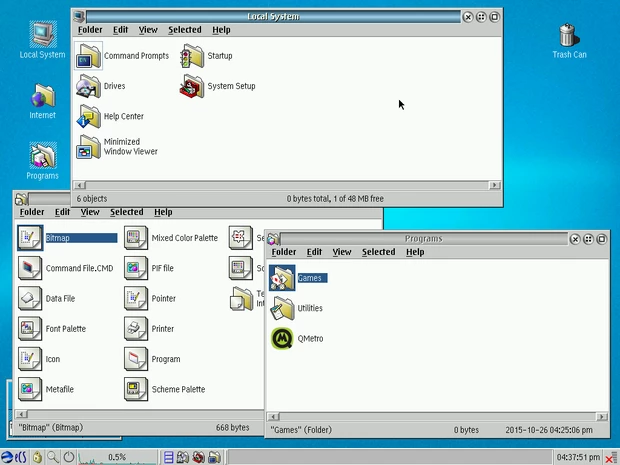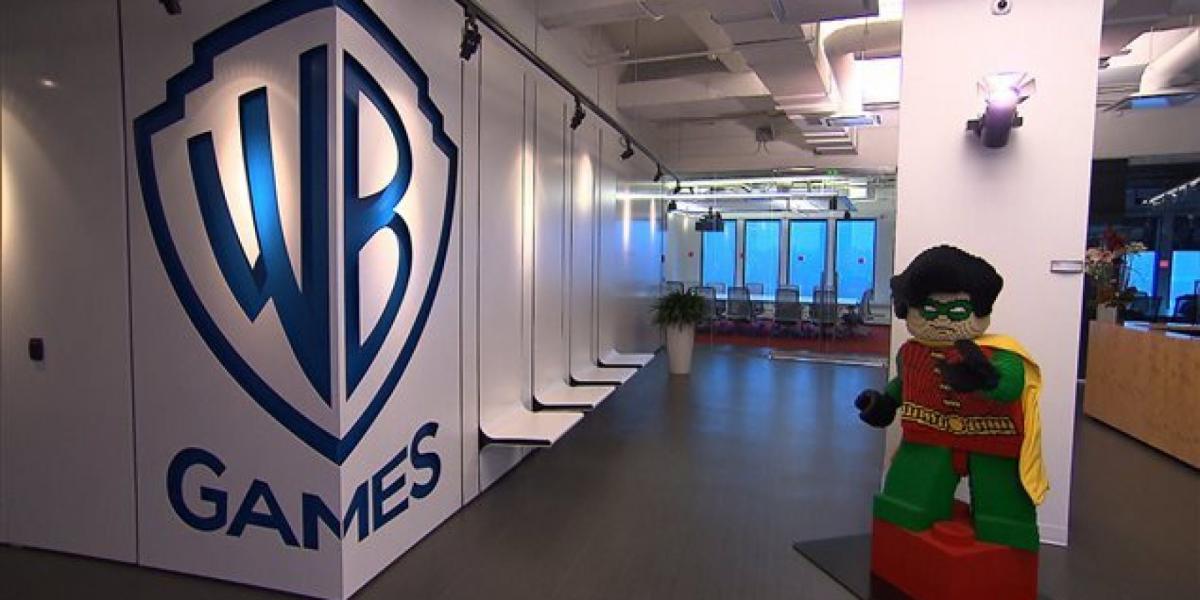This week's recap : you bought this WHERE?, sci-fi clothing, OS/2 will be back, the future of social networks, and the Montreal booming video game industry


Online purchases made... everywhere
A survey conducted by the statistical firm Critical Mix for Master Card among North American customers of the latter reveals... well, odd online shopping habits. Customers needed to tell where they had completed online purchases from one of their electronic devices. First the least surprising : 37% bought something from their bed, and 26% completed at least one online transaction at work (oops). But then things get weird: no less than 24% had bought something from a bathroom, and 4 % while in the shower!?! 2% among the least-respectful-people-ever had even purchased something while attending a funeral. http://bit.ly/1GN2Q45

Sci-fi clothing is on its way
A project currently in the works at MIT Media Lab could bring forward clothing that transforms when its wearer sweats...thanks to a specific bacteria. We swear it's not a film script, but rather the original idea of researcher Lining Yao, using Bacillus subtilis natto. Widely used in Japanese gastromony, this bacteria expands about 50% in size when exposed to surrounding humidity. Yao and her team made it into a biofilm, which was then applied to fitted clothing that features lots of little flaps. When the wearer starts sweating, the bacteria swells and folds the flaps, thus opening them. The result is activewear that breathes... literally. Equally fascinating and weird. http://bit.ly/1PSzOCX

OS/2 to be reborn
Arca Noae obtained a licence to create and sell a new, full distribution of OS/2, for which development ended in 1996. Called Blue Lion, this distribution bundle will also include several other Arca Noae software. The American company, which forecasts that Blue Lion could be available toward the end of 2016, states that it made a significant investment in the project, even adding that demand was substantial enough to receive support from IBM. Launched in 1985, the OS achieved relative success, especially in business technology parks, and is still used on certain machines by companies like Johnson & Johnson and Pepsi, as well as by some goverment agencies. Blue Lion should being these dinosaurs closer to the modern era, for instance by making USB-based installation possible, or by granting capacity to connect to the Internet for downloading updates. http://tek.io/1KW9YGn
The future of social networks?
Facebook and Instagram, where so many like-starved narcissists congregate, could soon be over if we pay attention to certain European sources. And a few new and genuinely "social" networks are starting to emerge to take their place... Among them, Peuplade, newly launched in main France cities, puts people in contact by their geographic proximity, permitting them to exchange goods and services or even plan real meets. There is also Soomville, a geolocation-based calssified ads service, which matches people with a need to people with an offer, whether it's about catsitting or borrowing tools. The Swiss also have Freesbee, which is about sharing of all kinds between individuals. The trend? Using the virtual world in order to get out of it and interact with people *for real*. http://bit.ly/1PZZhue

Montréal, a major player in video games (haha)
The world of video games has changed a lot since French company Ubisoft arrived in Quebec in 1997... and Montreal is holding its own very well. According to Martin Carrier, the head of WB Games studios and president of the board at Alliance Numérique, most Quebecers don't realize how profitable and beneficial the industry is for our economy. "There are few sectors about which we was can that we're the best in the world... But with games, we can proudly say that we're among the best and it's worth its weight in gold," he enthused. Whether we're talking about mega-productions created here, studios that have their visual effects done in Montreal, or the emerging of new independant companies among the majors, ithe industry is thriving, with an average annual growth of 26%. The sector provides employement to about 6,000 people, and even contributed to revitalize certain areas of the city. http://bit.ly/1Mkq3uZ
